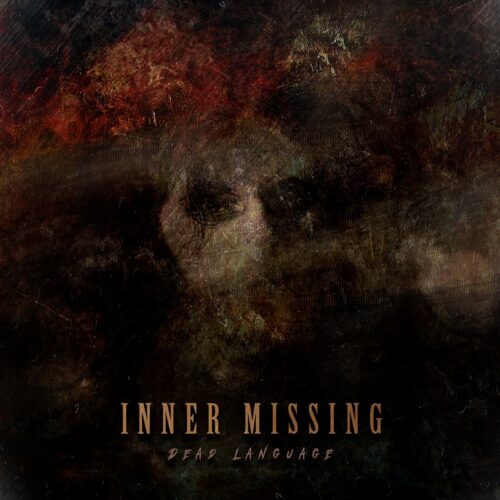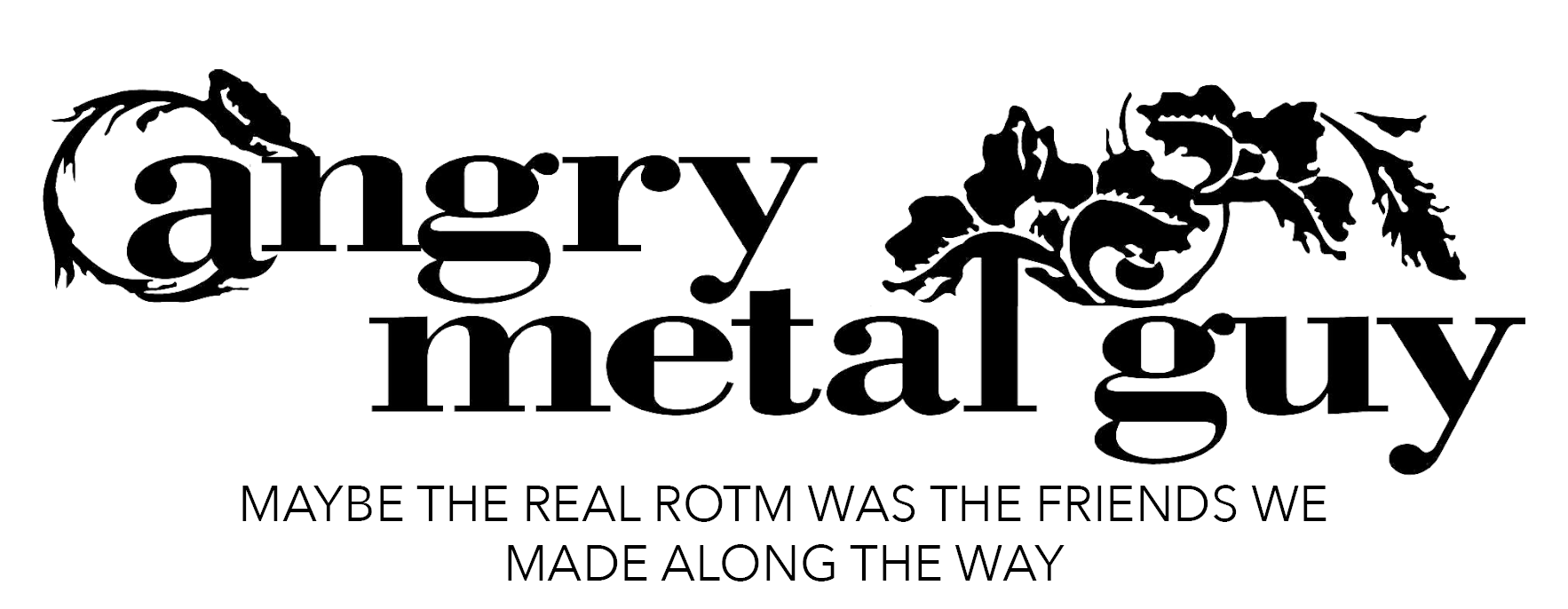 I’ll be honest, my expectations for Dead Language were low. First, wow, that is a terrible name. Second, Inner Missing are a two-person gothic metal band releasing album number nine in twelve years. You have to give them credit for persistence, but nine albums without a breakout isn’t promising. Third, my first impression of the lead single “The Quest” was entirely dominated by the inexplicable near-monotone vastly over-inflected bass vocals. It was not looking good. Expectations and first impressions are funny things, though. It’s not gonna win my AotY award, but it’s not the record I expected either.
I’ll be honest, my expectations for Dead Language were low. First, wow, that is a terrible name. Second, Inner Missing are a two-person gothic metal band releasing album number nine in twelve years. You have to give them credit for persistence, but nine albums without a breakout isn’t promising. Third, my first impression of the lead single “The Quest” was entirely dominated by the inexplicable near-monotone vastly over-inflected bass vocals. It was not looking good. Expectations and first impressions are funny things, though. It’s not gonna win my AotY award, but it’s not the record I expected either.
It’s hard not to compare Inner Missing at their best to the softer side of the dearly missed Woods of Ypres. In part this is due to Sigmund’s vocals, as he definitely wants to be the late, great David Gold. When he’s not doing the weird monotone like “The Quest,” he’s talented, and his voice is a warm baritone (“Mute”). But instrumentally they’re often stylistically similar as well, though they have their own voice. Dead Language is primarily melody-forward gothic doom, carried by plaintive treble guitars. At times, like the opening of “Long Odds,” weighty riffs and near-blast drums bring some heaviness, but funeral doom this isn’t. Synths, soprano voice and clearly audible bass from Malaer add further melodic embellishments (“Dead Language,” “At Sea”).
Unfortunately, the wanting-to-be-David Gold drives Dead Language’s biggest flaw. Hitting the bass notes like Gold’s Woods 5 performance doesn’t sound comfortable. My guess is that’s what drives the odd monotone. The album is also mixed very vocal-forward, so there’s no hiding from the awkwardness. I like Sigmund’s tone quite a bit in general, and in higher ranges he sounds really good. He also does a pretty decent harsh vocal (very underused here, but seen on some of their older work I sampled). Given this, I’m not quite sure why they use the bass register quite so heavily, although I get what they’re going for.

Inner Missing are at their best when they play to their strengths as a duo. The intro to closer “At Sea” is one of the standout moments. Sigmund’s clean guitar and Melaer’s bass dance around each other, then they swap places with a low-range guitar and treble piano synth. The transitions flow and it’s very satisfying. I also love the gorgeous bass and guitar melodies on “Empty Rooms.” Likewise, the pair’s harmonizing on “Dead Language”—both with cleans and with a rare section of harsh vocals—is great. I’d like to see Malaer sing more in general. The production mostly does a good job of highlighting both members’ work. I do wish the distorted low-range guitars got a bit more heft and body, and the vocals could use being slightly less dominant.
Dead Language has solidly beaten my expectations. After initially struggling to take the single seriously, I’ve enjoyed the record more with every spin. It’s a concise 35 minutes with very little filler. Album highlight “Empty Rooms” is genuinely beautiful, and the duo’s synchrony drives some other great moments (“Dead Language,” “At Sea”). This said, the vocal choices are a problem. The lead single being the worst offender is particularly unfortunate for first impressions. I’ve definitely got used to them as I’ve listened more. Whether you can do that will be the main determinant of whether you get on with the album. Dropping the very monotone phrasing—easing up on the forced bass if necessary—would work wonders. More natural enunciation would also help; I suspect singing in their native Russian would sound better. This elephant in the room aside, Inner Missing should be commended for what they’ve achieved here. Dead Languages is beautiful, haunting, and a rewarding listen.
Rating: 3.0/5.0
DR: 7 | Format Reviewed: 320 kbps mp3
Label: Inverse Records
Websites: innermissing.bandcamp.com | facebook.com/InnerMissing
Releases Worldwide: February 25th, 2022

















